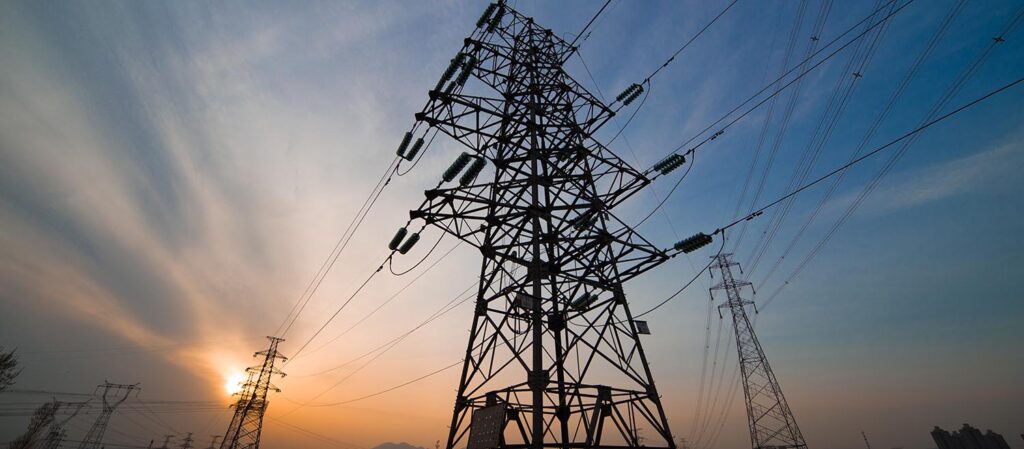
January 12, 2021
5 Major Pitfalls of Piecemeal Energy Management Initiative
In Article, Latest News
For over three decades, we have advanced the mission to create sustainable societies through UTM-PROSPECT and OPTIMISE in our roles as developer of innovative solutions, products and programs; professional practitioners and coaches, champions of education and social activists spreading public awareness on energy and resource conservation. Our lifelong and life-wide pursuit of sustainable development enabled us to engage world leading organisations, scientists, scholars, professionals and distinguished experts from across disciplines and nationalities worldwide.
We have been particularly committed in advocating a Holistic Approach for Energy Management and have always encouraged organisations to look at the Big Picture of Energy Audit (See Article: Consider the Big Picture).
In this space, we feel compelled to share our practical implementation experiences that are backed by our rigorous, internationally validated and referenced research on key elements that constitute a comprehensive and holistic approach toward achieving impactful outcomes of energy management initiatives.
We begin by highlighting 5 Major Pitfalls of a Piecemeal Energy Management Initiative. Please click the links provided to find out more on how each pitfall could be addressed.
The 5 major pitfalls of a piecemeal energy management initiative:
- Energy audit and energy managers covering only electrical energy may miss thermal energy conservation measures as the number one industrial energy saving opportunity.
- Industrial energy audits that are confined to only a facility supply side, i.e. boilers and steam systems may only address symptoms of energy loss and have limited impact. Pinch Analysis would be a critical enabler for auditors to address both the energy supply and demand sides and to maximise energy savings.
- Energy feasibility studies are merely useful for estimating the amount and value of energy savings. The effectiveness of implemented schemes should be verified by employing a rigorous Measurement & Verification procedure.
- Energy conservation initiative cannot be sustained without implementing a comprehensive Energy Management System (EMS). A resilient and future-ready EMS must include innovative, smart and tech-driven elements.
- Organisations exceeding a threshold energy usage shall need to manage not only electrical, but also thermal energy consumption. Thailand, Singapore and Indonesia are among ASEAN countries that have long joined developed countries in regulating both thermal and electrical energy. In line with Malaysia’s anticipated enactment of Energy Efficiency and Conservation Act (EECA) by this year (2021), the Registered Electrical Energy Manager (REEM) is expected to assume the role of Registered Energy Manager (REM).
This article is published on January 12, 2021 by Optimal Systems Engineering



